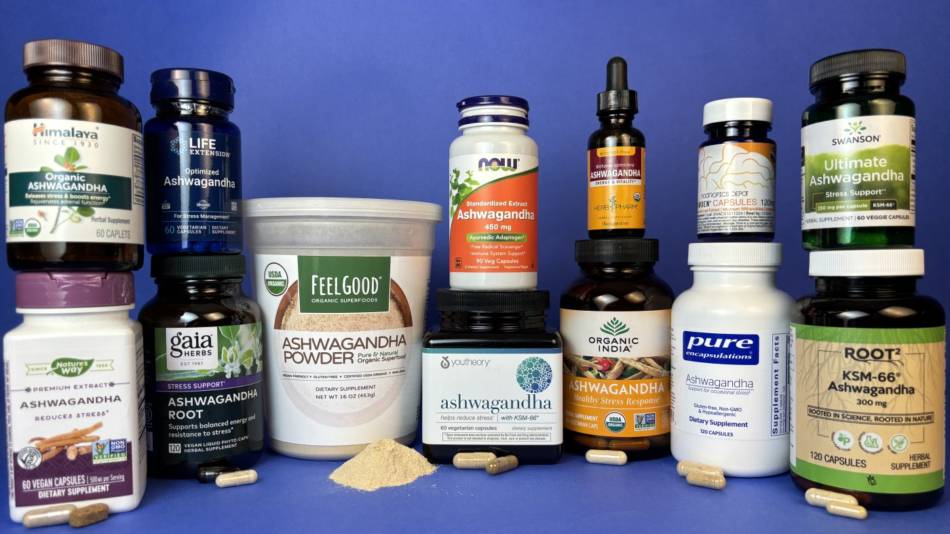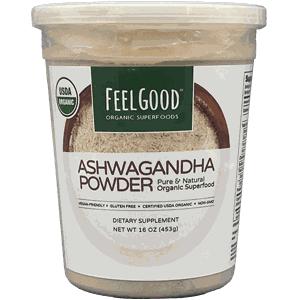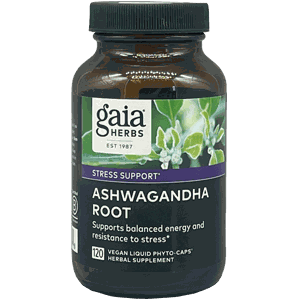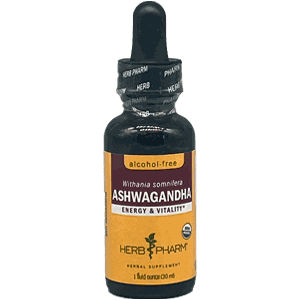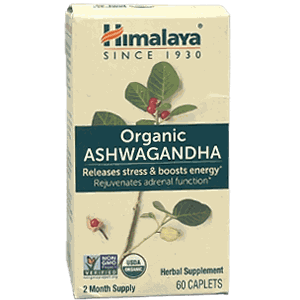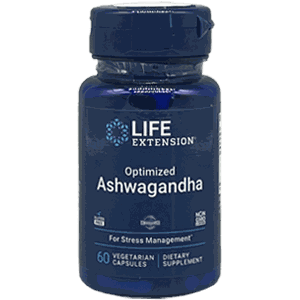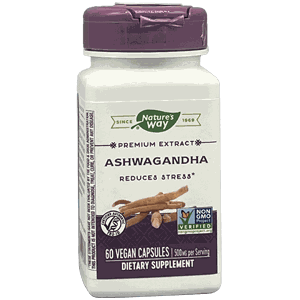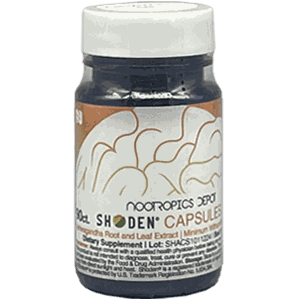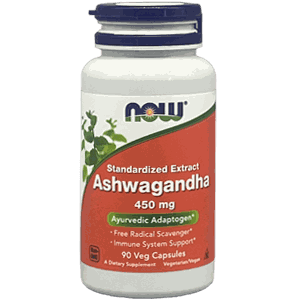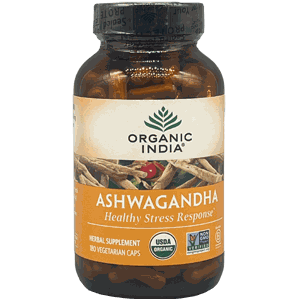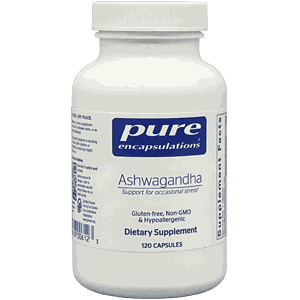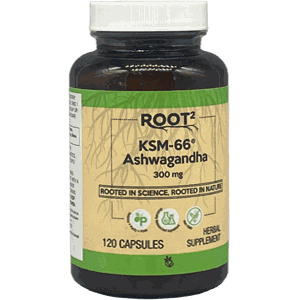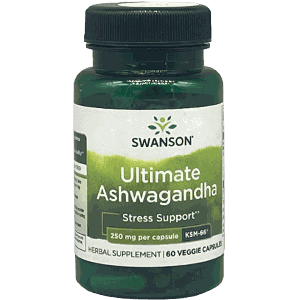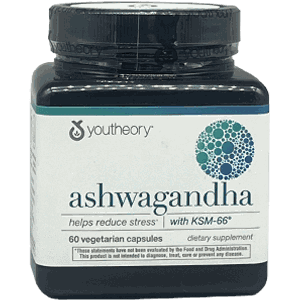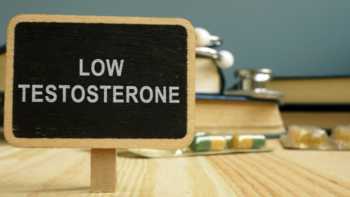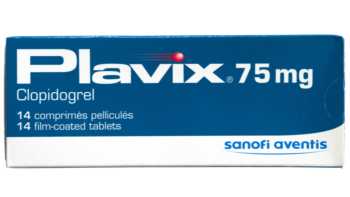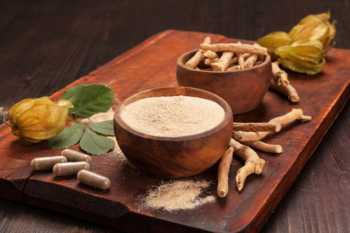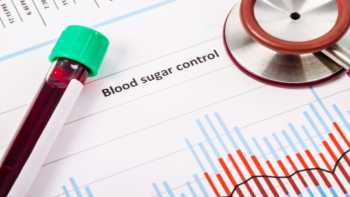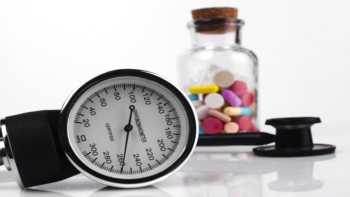Summary
-
Does ashwagandha work?
Preliminary studies suggest that ashwagandha may help reduce anxiety, improve physical and cognitive performance, and have other benefits. However, larger studies are needed for confirmation. -
How to choose an ashwagandha supplement?
When choosing an ashwagandha product, look for a root powder or a root extract containing, respectively, at least 0.3% and 1.5% of withanolides — key marker compounds which may also play a role in the herb's activity. -
How much ashwagandha to take:
Daily dosage for a root powder is typically 1 to 6 grams (1,000 mg to 6,000 mg). For extracts it is 500 mg to 1,500 mg. A daily dose should provide at least 6 mg of withanolides — typically between 10 mg and 30 mg has been used in most studies. -
What did CL's tests of ashwagandha supplements find?
Many products contained much lower amounts of withanolides than expected and only 5 out of 13 products selected for testing were Approved. The amount of withanolides in a suggested daily serving ranged from only 1.3 mg to 72 mg. The cost to obtain 6 mg of withanolides ranged from just 6 cents to $1.77. Price was not an indicator of quality. (See What CL Found) Best ashwagandha products?
Several products were Approved for Quality and provide doses of withanolides consistent with efficacy in clinical studies. Among these, two products were selected as Top Picks, offering superior strength and at low cost for withanolides.-
Ashwagandha safety and side effects:
Ashwagandha is generally well tolerated but headache and gastrointestinal or allergic reactions can occur. Although rare, liver injury can occur. Ashwagandha may potentially lower blood pressure and blood sugar levels, as well as affect thyroid hormone levels. It should not be used by women or who are pregnant or nursing. For more details, see Concerns and Cautions.

